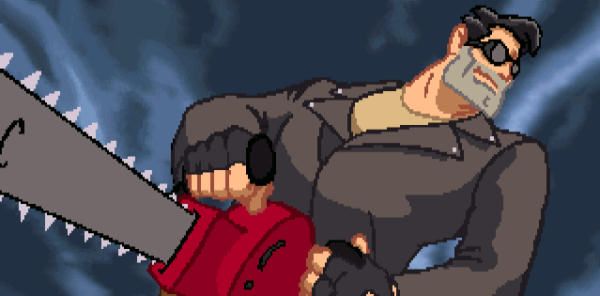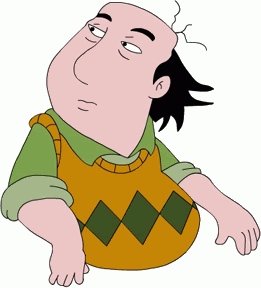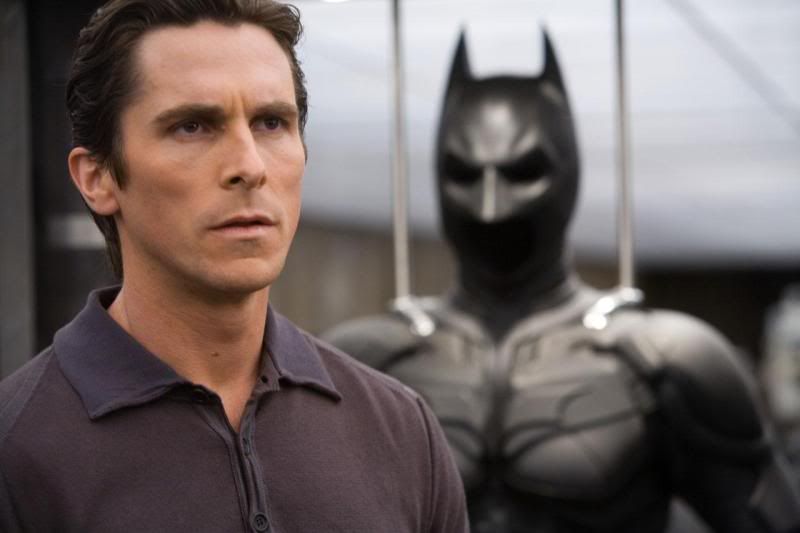
Badass biker antiheroes with chainsaws never stop being awesome.
The announcement came down yesterday that Disney is pulling the plug on LucasArts. While it seems unlikely that Star Wars games are going to go anywhere, because it’s a cash cow that never seems to run out of milk no matter how past expiration it might be, the prospect that many of its adventure games will never see new content or sequels. No new Full Throttle. No new Grim Fandango. No new Day of the Tentacle. Even TIE Fighter and its ilk seem to be fading into the annuls of gaming history, never to return. We’ll never see games like these again.
… Okay, that’s hyperbole, because good games never die.
The fact that LucasArts has finally been given the mercy of being walked behind the shed and bade farewell before Disney pulled the trigger on Walt’s old scattergun doesn’t mean the developers of the beloved games also got sent to a farm upstate. Tim Schafer‘s Double Fine is doing just fine, and as I write this something flavored like an old adventure game is supposedly being developed with all of that luscious Kickstarter cash. Likewise, a spirital cousin to TIE Figher was Wing Commander, and Chris Roberts is also using crowdsourced funds to develop the eagerly awaited Star Citizen. Here and there, the minds behind the games now locked away in Disney’s vaults are still working to make new and interesting adventures for us. Not all of these games will be perfect, of course, but there’s plenty of hope for the future.
They’re not the only ones working on it, either. TellTale Games is becoming a company whose hallmarks are high quality games with either great, broad appeal (Poker Night) or the resurrection of high-quality adventure gaming (The Walking Dead). With their growing success and attention given them by various “top games of 2012” lists as well as being featured on Extra Credits, it’s clear that good adventure games are still something gamers want. To paraphrase what James says, to declare a genre of game (or just about anything else) ‘dead’ is a declaration of rather silly hubris; things of the past don’t necessarily lose their appeal just because they’re old. If you want a good example of something of quality never truly dying, look no further than the Muppets.
Finally, even if another new adventure game were never to hit the shelves, be they real or virtual, the old ones haven’t really gone anywhere. Some of them, however, have been so outstripped by technology that it can be difficult to get them running properly on modern machines. Enter services like Grand Old Games, or GOG. From Gabriel Knight to King’s Quest, from Myst to Sam & Max, many of the nostalgic cravings of adventure game veterans like myself can be sated by this service. It’s where I got my playable copies of Wing Commander, after all, and I was playing System Shock 2 in preparation for BioShock Infinite. Once that and some other modern games are out of the way, I have my sights set on nostalgic trips into Stonekeep and Beneath A Steel Sky.
I believe that good games never die. And if someone calls them dead, I’ll be one of the first to raise them. Once a necromancer, always a necromancer, I guess.






